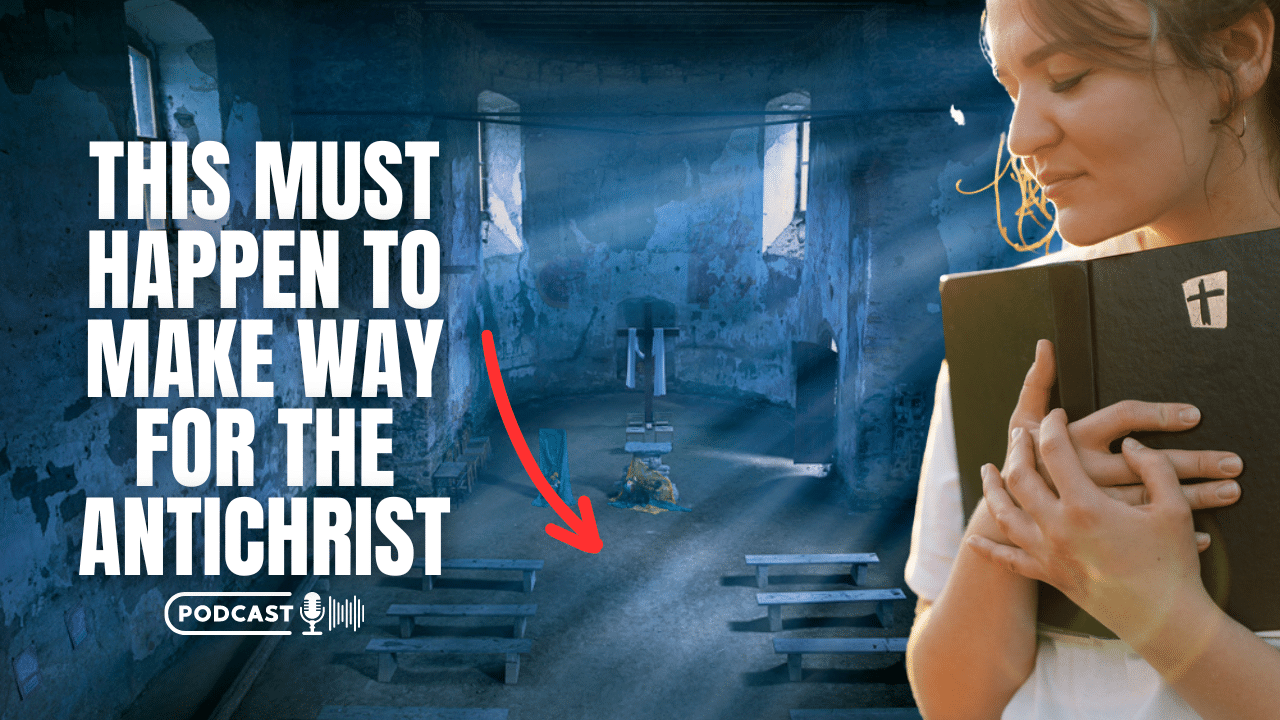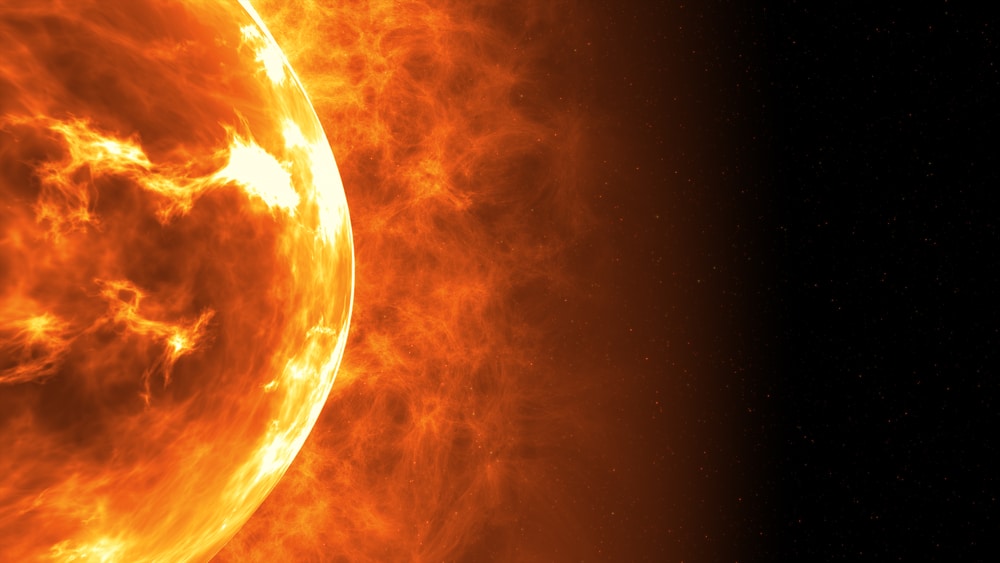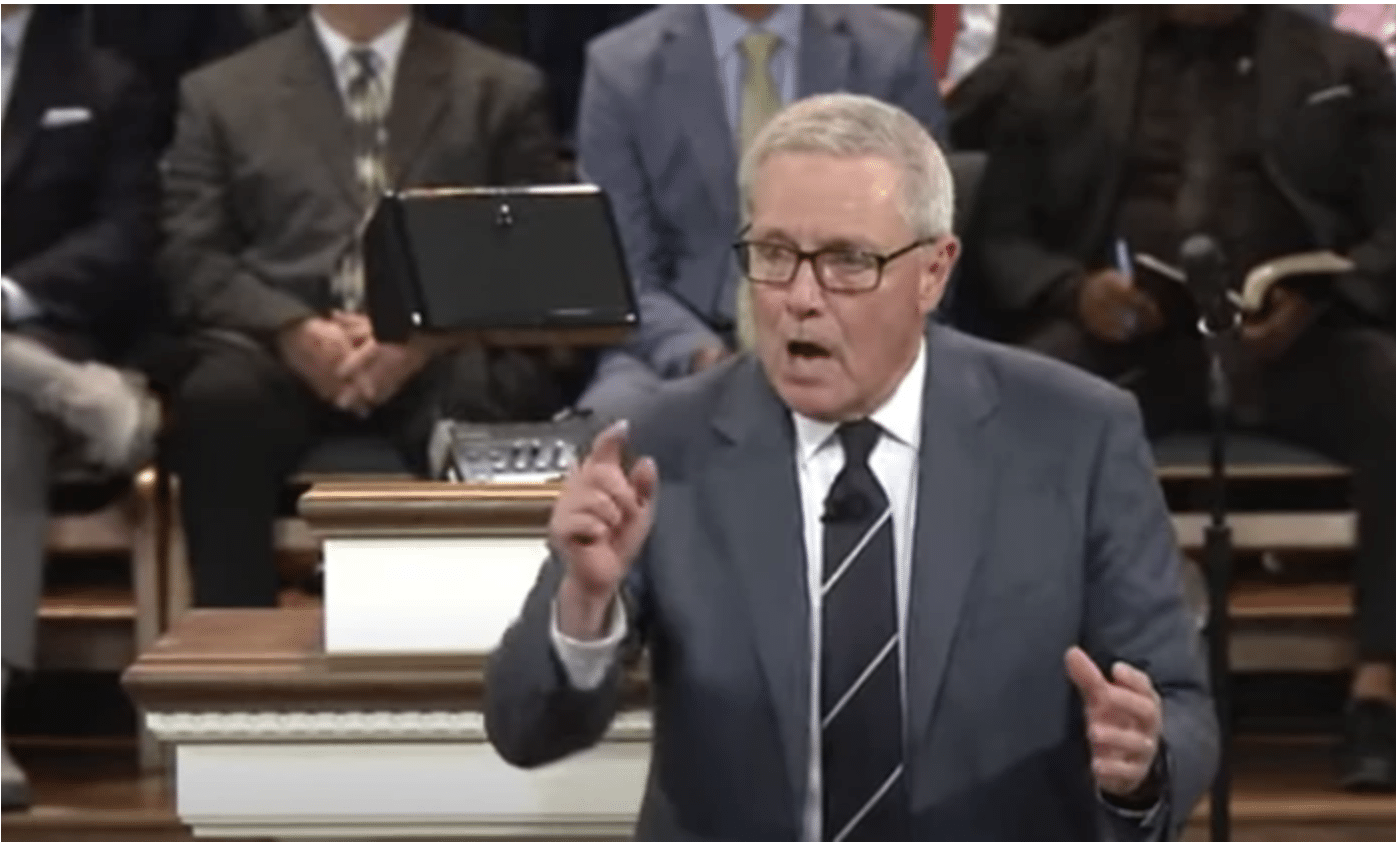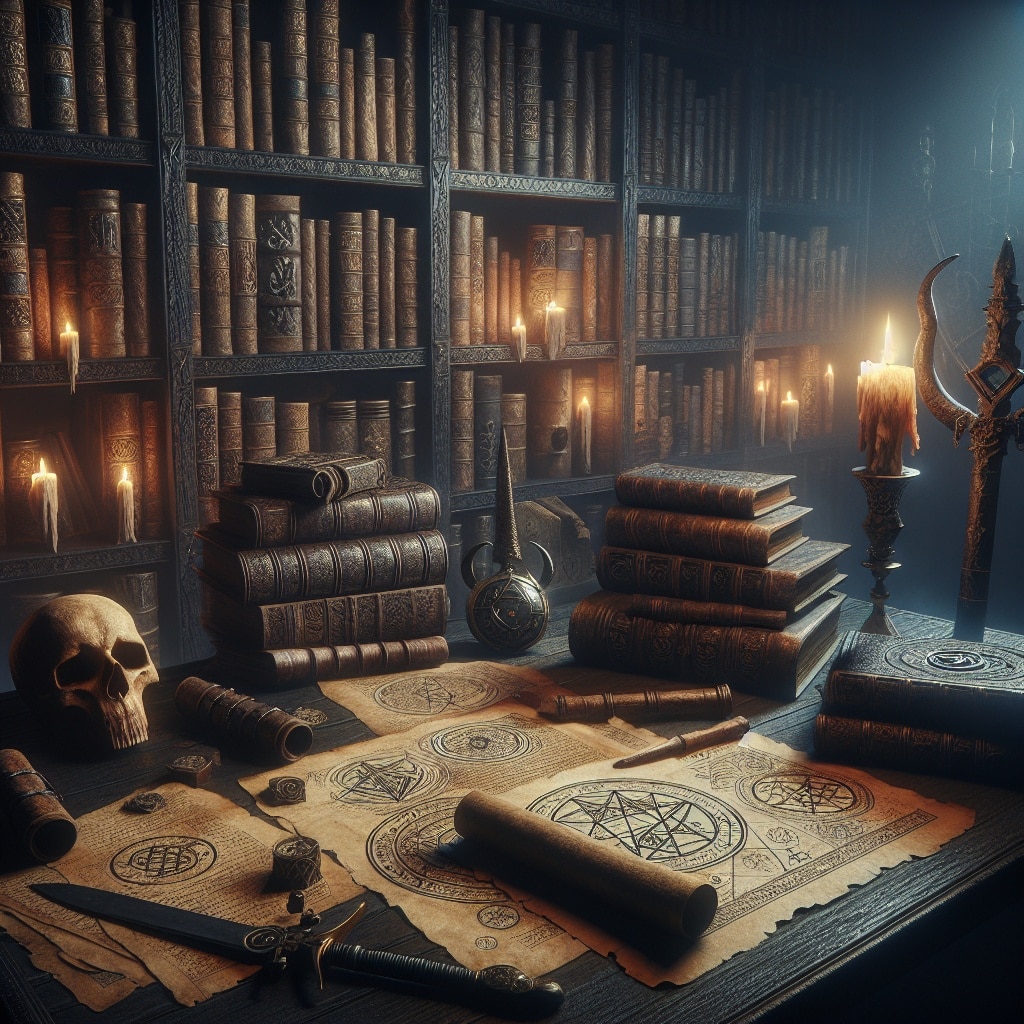Will the net result of artificial intelligence be the creation of a digital deity? Billionaire tech mogul Elon Musk revealed in an interview with Tucker Carlson that Google co-founder Larry Page once told him he hoped to build an AI super-intelligence that Musk described as a “digital god.”
The Christian Post says, According to the 51-year-old Musk, the exchange occurred when he stayed at Page’s home in Palo Alto, California when the two were “close friends.”
“I would talk to him late into the night about AI safety, and at least my perception was that Larry was not taking AI safety seriously enough,” Musk said, adding that Page wanted a “digital super-intelligence, basically a digital god, if you will, as soon as possible.”
Musk pointed to a number of public statements made by Page over the years showing that “the whole goal of Google is what’s called AGI, artificial general intelligence or artificial super-intelligence.”
Page, who, along with co-founder Sergey Brin, stepped down from the search giant in 2017, once told a London tech conference audience back in 2006 that his grand vision for search begins and ends with AI.
“The ultimate search engine would understand everything in the world. It would understand everything that you asked it, and give you back the exact right thing instantly,” Page said at the Zeitgeist ’06 event in London.
Since then, Google has accelerated its efforts to incorporate AI, starting with its $500 million acquisition of DeepMind, a London-based AI research lab, in 2014.
Following the success of ChatGPT, Google is set to debut a version of its search engine with a chatbot sometime this year, according to The New York Times.
Musk said at the time of his conversation with Page, Google had already made the DeepMind acquisition and “had about three-quarters of all the AI talent in the world.” He also recalled Page’s reaction when he warned him about the potential dangers of AI super-intelligence.
“I agree with him that there’s great potential for good, but there’s also potential for bad,” Musk told Carlson. “And so, if you’ve got some radical new technology, you wanna try to take a set of actions that maximize the probability that it will do good and minimize the probability that it will do bad things.”
Musk pointed to a number of public statements made by Page over the years showing that “the whole goal of Google is what’s called AGI, artificial general intelligence or artificial super-intelligence.”
Page, who, along with co-founder Sergey Brin, stepped down from the search giant in 2017, once told a London tech conference audience back in 2006 that his grand vision for search begins and ends with AI.
“The ultimate search engine would understand everything in the world. It would understand everything that you asked it, and give you back the exact right thing instantly,” Page said at the Zeitgeist ’06 event in London.
Since then, Google has accelerated its efforts to incorporate AI, starting with its $500 million acquisition of DeepMind, a London-based AI research lab, in 2014.
Following the success of ChatGPT, Google is set to debut a version of its search engine with a chatbot sometime this year, according to The New York Times.
Musk said at the time of his conversation with Page, Google had already made the DeepMind acquisition and “had about three-quarters of all the AI talent in the world.” He also recalled Page’s reaction when he warned him about the potential dangers of AI super-intelligence.
“I agree with him that there’s great potential for good, but there’s also potential for bad,” Musk told Carlson. “And so, if you’ve got some radical new technology, you wanna try to take a set of actions that maximize the probability that it will do good and minimize the probability that it will do bad things.”

















